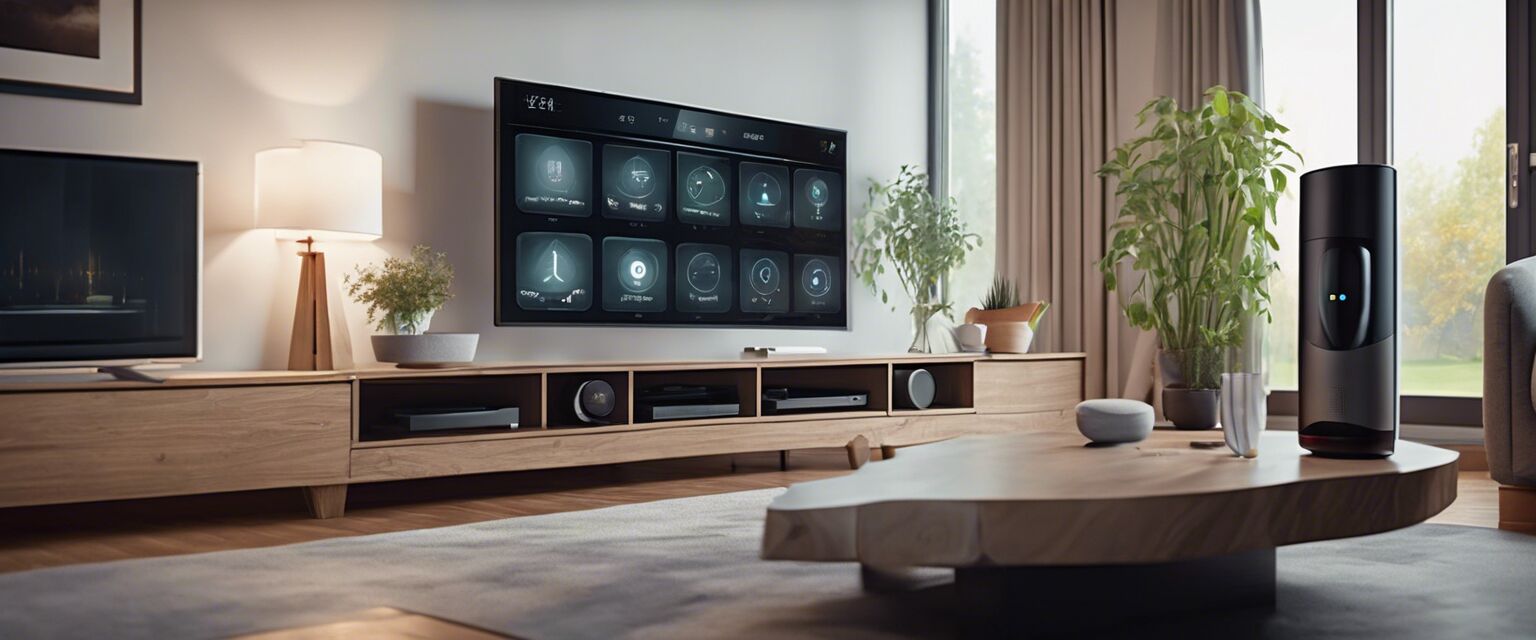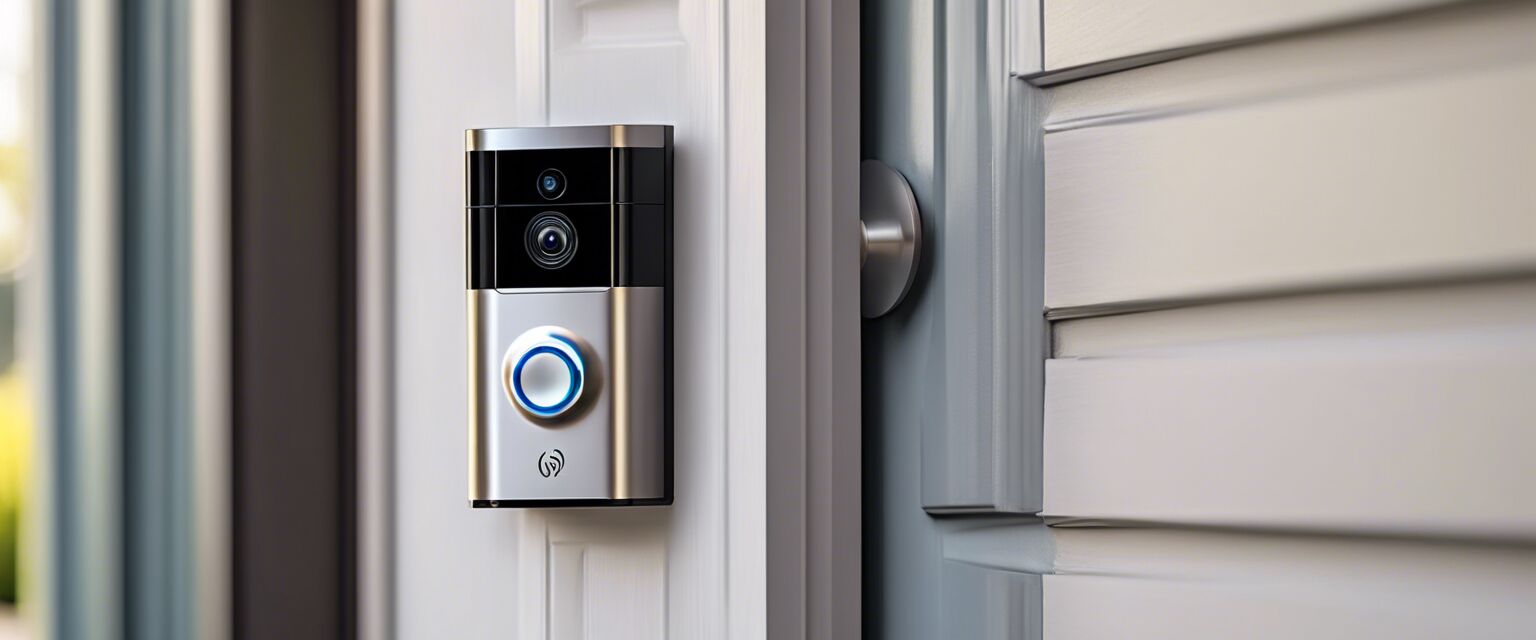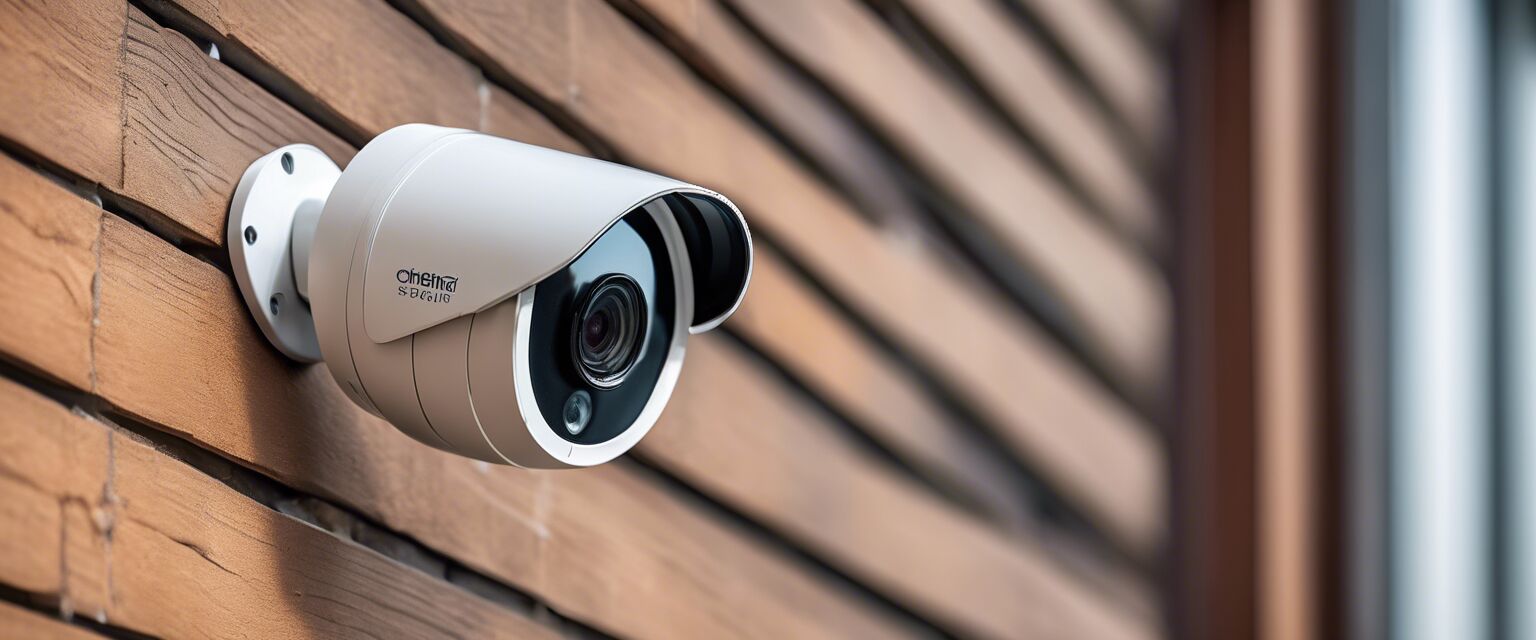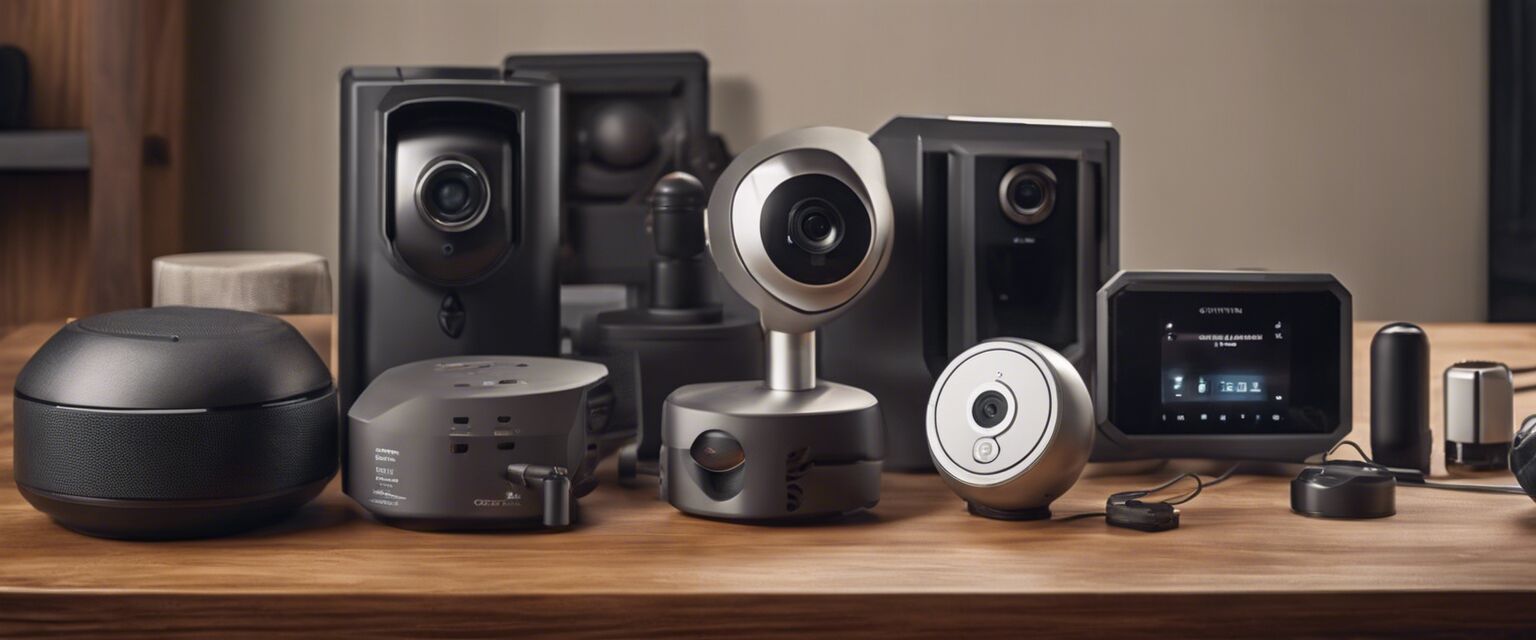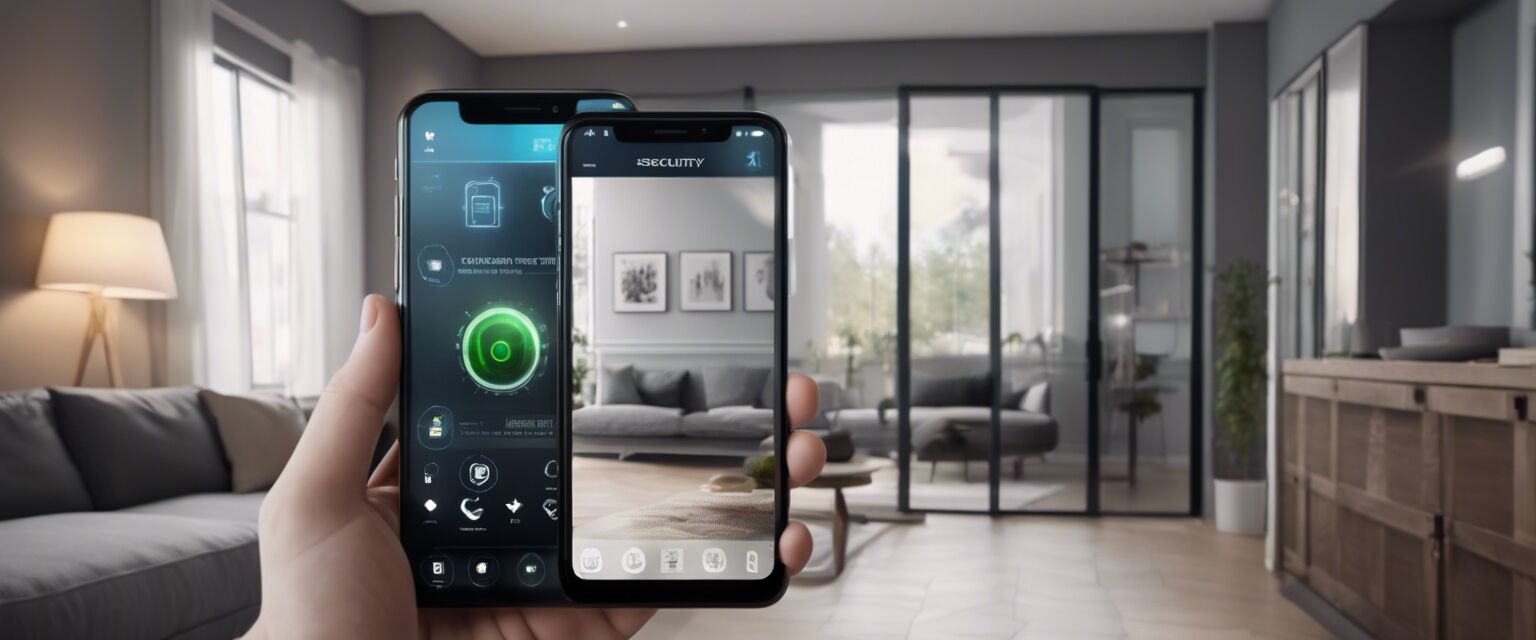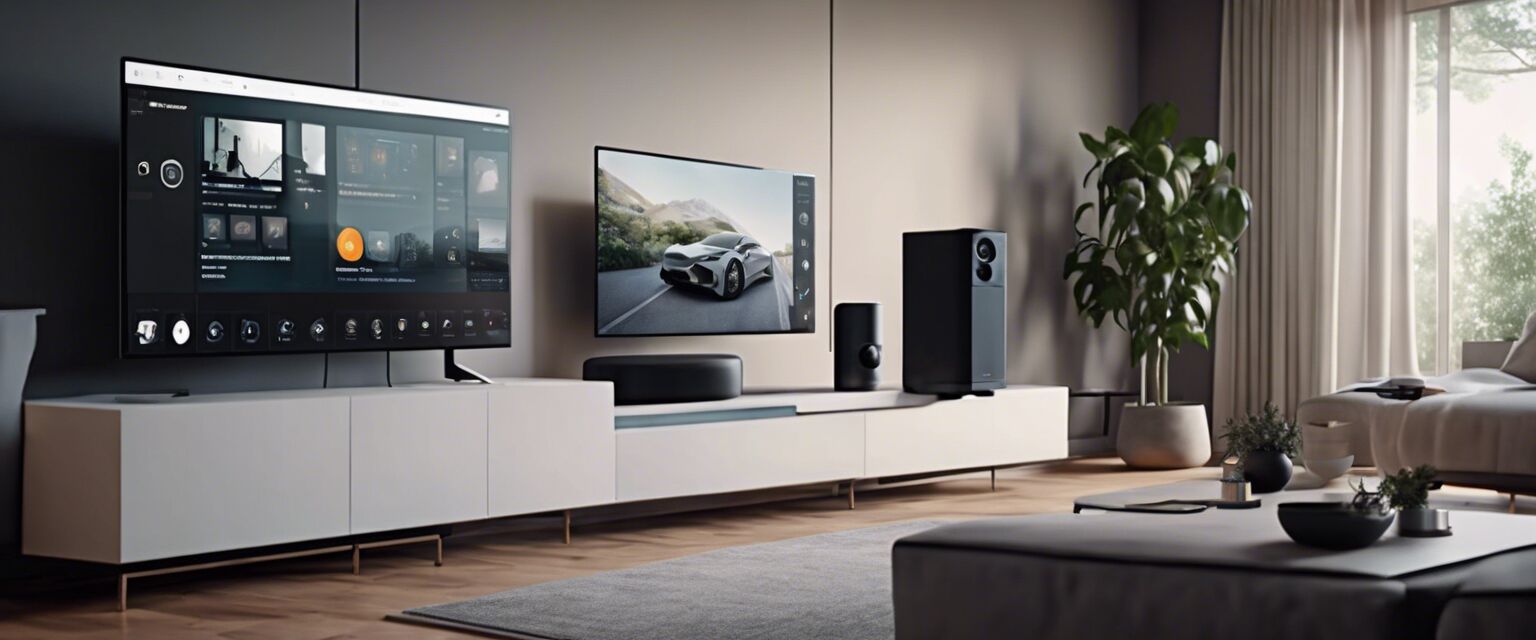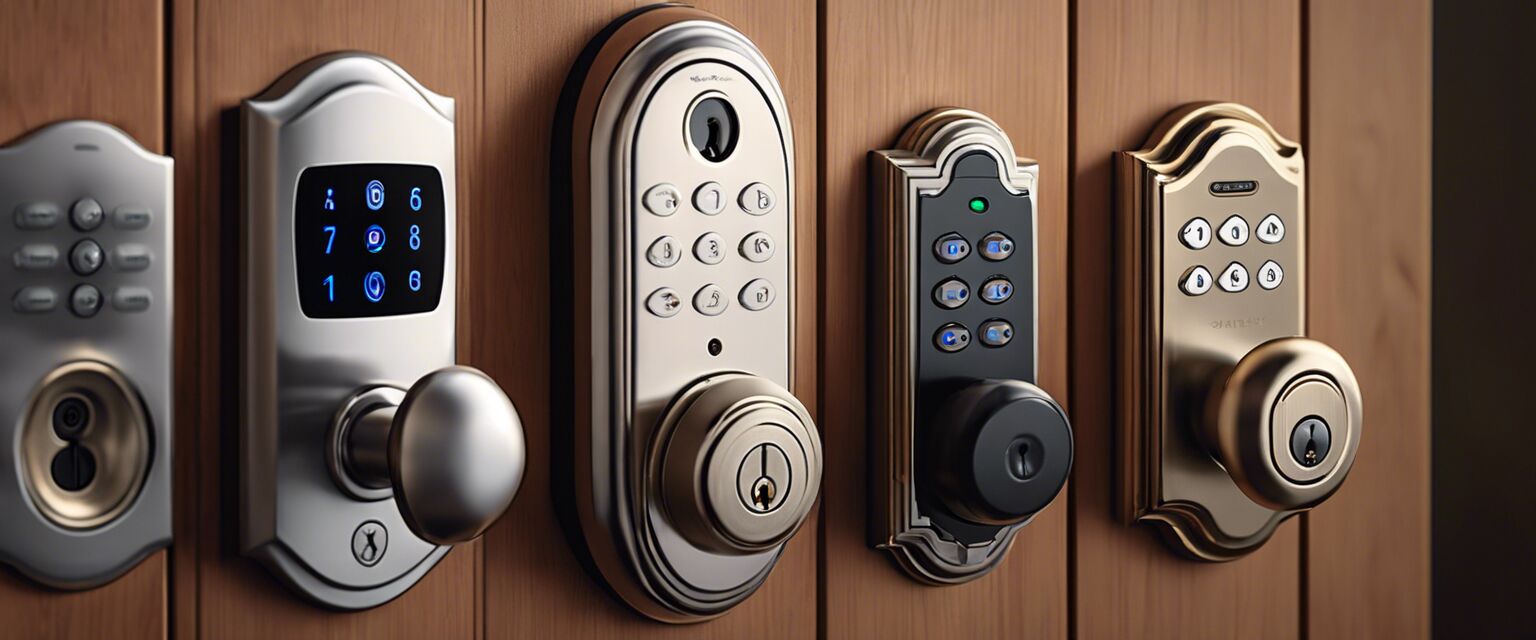
Smart Door Locks
Key Takeaways
- Smart door locks offer enhanced security features compared to traditional locks.
- Installation is often simple and can be done by homeowners.
- Many smart locks provide remote access and monitoring capabilities.
- Compatibility with smart home ecosystems can enhance functionality.
Smart door locks are becoming increasingly popular among homeowners looking to enhance their security measures. These locks not only provide superior protection but also offer convenience and ease of use. In this article, we will evaluate different smart door locks, explore their security features, and provide installation guides to help you make an informed decision.
What Are Smart Door Locks?
Smart door locks are electronic locking systems that can be controlled remotely using smartphones or other devices. They often replace traditional key locks and can be integrated into home automation systems. Hereâs a brief overview of their features:
| Feature | Description |
|---|---|
| Remote Access | Control the lock from anywhere using a smartphone app. |
| Keyless Entry | Open doors using codes, biometrics, or smartphones. |
| Activity Monitoring | Receive notifications and monitor who enters or exits your home. |
| Integration | Works with other smart home devices for enhanced security. |
Benefits of Smart Door Locks
Smart door locks come with numerous advantages:
- Improved Security: Enhanced features reduce risks of unauthorized access.
- Convenience: No need for physical keys.
- Customizable Access: Grant or revoke access easily for guests or service personnel.
- Automated Locking: Set schedules for automatic locking/unlocking.
How Smart Door Locks Work
Smart locks typically use one of the following technologies:
- Bluetooth: Connects to smartphones for locking/unlocking.
- Wi-Fi: Allows remote access via the internet.
- Z-Wave/Zigbee: Works with home automation systems for seamless integration.

Installation Guide for Smart Door Locks
Installing a smart door lock is usually straightforward. Hereâs a step-by-step guide:
- Remove the existing lock from your door.
- Ensure the door is compatible with the smart lock you have chosen.
- Follow the manufacturer's instructions to install the smart lock hardware.
- Connect the lock to your home Wi-Fi or Bluetooth as per the setup guide.
- Download the respective app and follow the prompts to configure settings.
Tips for Choosing a Smart Door Lock
Beginner's Tips
- Consider your security needs and choose a lock that meets those needs.
- Check if the smart lock is compatible with your existing smart home system.
- Read customer reviews to ensure reliability and performance.
- Evaluate the battery life and backup options in case of power failure.
Popular Smart Door Lock Features
Beginner's Tips
- Consider your security needs and choose a lock that meets those needs.
- Check if the smart lock is compatible with your existing smart home system.
- Read customer reviews to ensure reliability and performance.
- Evaluate the battery life and backup options in case of power failure.
Smart locks come with various features that enhance their usability:
| Feature | Pros | Cons |
|---|---|---|
| Fingerprint Scanner | Fast and secure access | Can malfunction in extreme weather |
| Mobile App Control | Remote access and monitoring | Dependent on Wi-Fi connectivity |
| Integration with Smart Home Systems | Enhanced control and automation | Compatibility issues with some devices |

Pros and Cons of Smart Door Locks
Pros
- Enhanced security features such as alerts and monitoring.
- Convenient keyless entry options.
- Easy access management for guests.
- Integration with smart home systems.
Cons
- Dependency on Wi-Fi or batteries.
- Potential compatibility issues with existing hardware.
- Higher initial cost compared to traditional locks.
Conclusion
Smart door locks are a modern solution to home security, offering various features that enhance convenience and safety. By understanding how they work, their benefits, and how to install them, homeowners can make an informed choice that best fits their security needs. For more information on different types of security devices, check out our sections on access sensors, alarm systems, and motion sensors.

